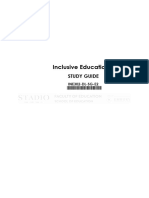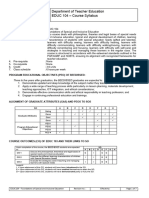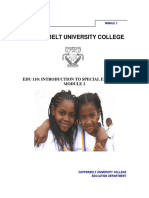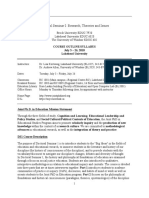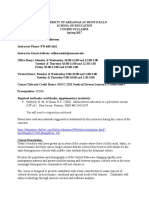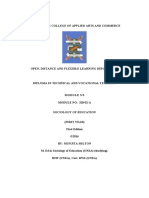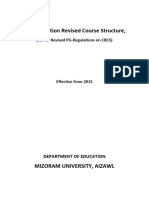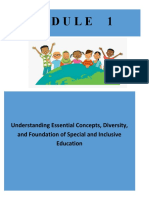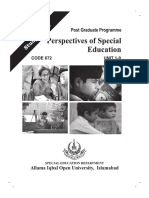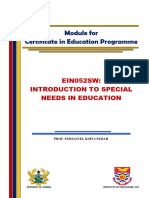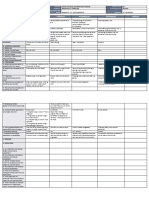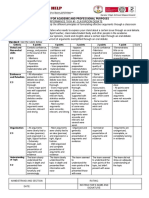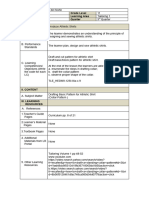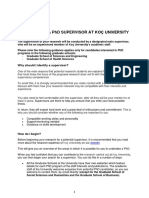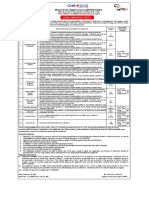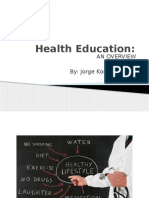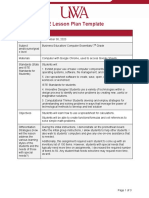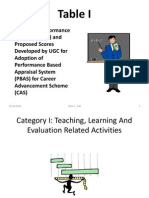BELVEDERE TECHNICAL TEACHERS COLLEGE
PROGRAMME: DIPLOMA IN EDUCATION (Secondary)
EDUCATIONAL FOUNDATIONS DEPARTMENT
MODULE 3: CONTEMPORARY SOCIAL ISSUES IN EDUCATION (DEEF 103)
1.1 OVERVIEW
The purpose of the module is for students to be aware of the contemporary issues that affect the
education system of Zimbabwe. The goal is to produce a student who is highly aware and
capable of solving social issues that are contextual. The module also focuses on empowering
students with knowledge and skills which assist them to be innovative when solving social
problems which are societal based.
1.2 EXPECTED OUTCOMES
On completion of the module students should have:
1.2.1 documented contemporary social issues in education.
1.2.2 carried out research on contemporary social issues in education.
1.2.3 created support groups in their communities.
1.3 OBJECTIVES
To assist students to:
1.3.1 document contemporary social issues in education.
1.3.2 carry out research on contemporary social issues in education.
1.3.3 create support groups in their communities.
1
�1.4. FOCUS COMPETENCIES
1.4.1 Problem solving
1.4.2 Critical thinking
1.4.3 Hunhu/Ubuntu/Botho
1.4.4 Appreciation and respect for individual differences
1.4.5 Respect for self and others
1.5. LEARNING ACTIVITIES
1.5.1 Contemporary social problems
1.5.1.1 Drug and substance abuse
1.5.1.2 Child/Early marriages
1.5.1.3 Unemployment
1.5.1.4 Poverty
1.5.1.5 Social media
1.5.1.6 Conflict and stress management in education
1.5.2. Emerging issues in society
1.5.2.1. Globalisation, heritage and innovation
15.2.2. Ethical issues in education
1.5.2.3. Equity and equality in education
1.6 LEARNING MODES
1.6.1 Facilitation
2
� 1.6.2 Presentations
1.6.3 Tutorials
1.6.4 Outreach programmes
1.6.5 Resource persons
1.6.6 Research
1.7 LEARNING ASSESSMENT
1.7.1. Course Work 60 %
In – class test …………………………. 30%
Community Research………………… 15%
Presentations ……………………………15%
1.7.2. Examination 40%
Duration of module: 60 hours
1.8 Media resources
Overhead projector
Films
Handouts
1.9. MATERIALS FOR FURTHER READING
Bogdan, D. (2006). Who may be literate? Disability and resistance to the cultural denial of
competence. American Educational Research Journal, 43(2), 163-192.
Bothmer, S. (2003). Creating the peaceable classroom. Tuscon, AZ: Zephyr Press.
3
�Carothers, D. & Taylor, R. (2003). Use of portfolios for students with autism. Focus on Autism and
Other Developmental Disorders, 18(2), 121-124.
Chamberlain, S. (2005). Recognizing and responding to cultural differences in the education of
culturally and linguistically diverse learners. Intervention in School and Clinic, 40(4), 195-211.
Davidson, J. & Wood, C. (2004). A conflict resolution model. Theory into Practice, 43(1), 6-13.
Gibbs, J. (2003). Moral development and reality: Beyond the theories of Kohlberg and
Hoffman. Thousand Oaks, CA: Sage.
Green, S., Davis, C., Karshmer, E., March, P. & Straight, B. (2005). Living stigma: The impact of
labeling, stereotyping, separation, status loss, and discrimination in the lives of individuals with
disabilities and their families. Sociological Inquiry, 75(2), 197-215.
Guerrero, L. & Floyd, K. (2005). Nonverbal communication in close relationships. Mahwah, NJ:
Erlbaum.
Hallahan, D. & Kauffman, J. (2006). Exceptional learners: Introduction to special education, 10th
edition. Boston: Allyn & Bacon.
Heimann, M. Strid, K., Smith, L., Tjus , T., Ulvund , S. & Meltzoff, A. (2006). Exploring the
relation between memory, gestural communication, and the emergence of language in infancy: a
longitudinal study. Infant and Child Development, 15(3), 233-249.







